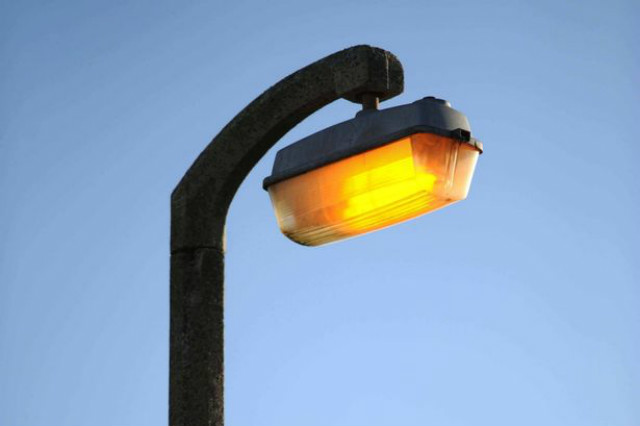Research has found that turning off street lights at night does not lead to an increase in crime or road traffic accidents.
This follows a report by the Labour Party last November that found street lights were being switched off or dimmed in three-quarters of England’s council areas, largely in order to save money. Concerns have been raised by motoring and pedestrian groups about the safety implications of this practice.
However, the Journal of Epidemiology and Community Health has now been published, based on 14 years of data from 62 local authorities across England and Wales.
The study, led by the London School of Hygiene and Tropical Medicine in partnership with University College London, found no direct link between reduced street lightning and increased crime or traffic accidents.
To complete this report, researchers looked into a range of schemes implemented by local councils. These include switching lights off permanently, reducing the number of hours they were turned on at night, dimming street lights or replacing traditional lamps with more efficient LED lamps.

Crime data from 2010 to 2013 and records of night time traffic collisions between 2000 and 2013 were also analysed. Taken into account were the different areas they took place and the different street lighting used there.
The AA described the findings from this newly published research as “extremely surprising”, contradicting its own analysis of the inquest.
President of the AA, Edmund King, commented: “Our own analysis of inquest findings uncovered six road deaths from 2009 to 2013 where coroners said the switching off of street lights had been a contributory factor. Police crash investigators said the drivers had little or no chance of avoiding the collisions.”
King added: “At the same time, Department for Transport statistics show that significant reductions in night-time accidents along roads with lighting have been stunted on unlit town and city streets.”



